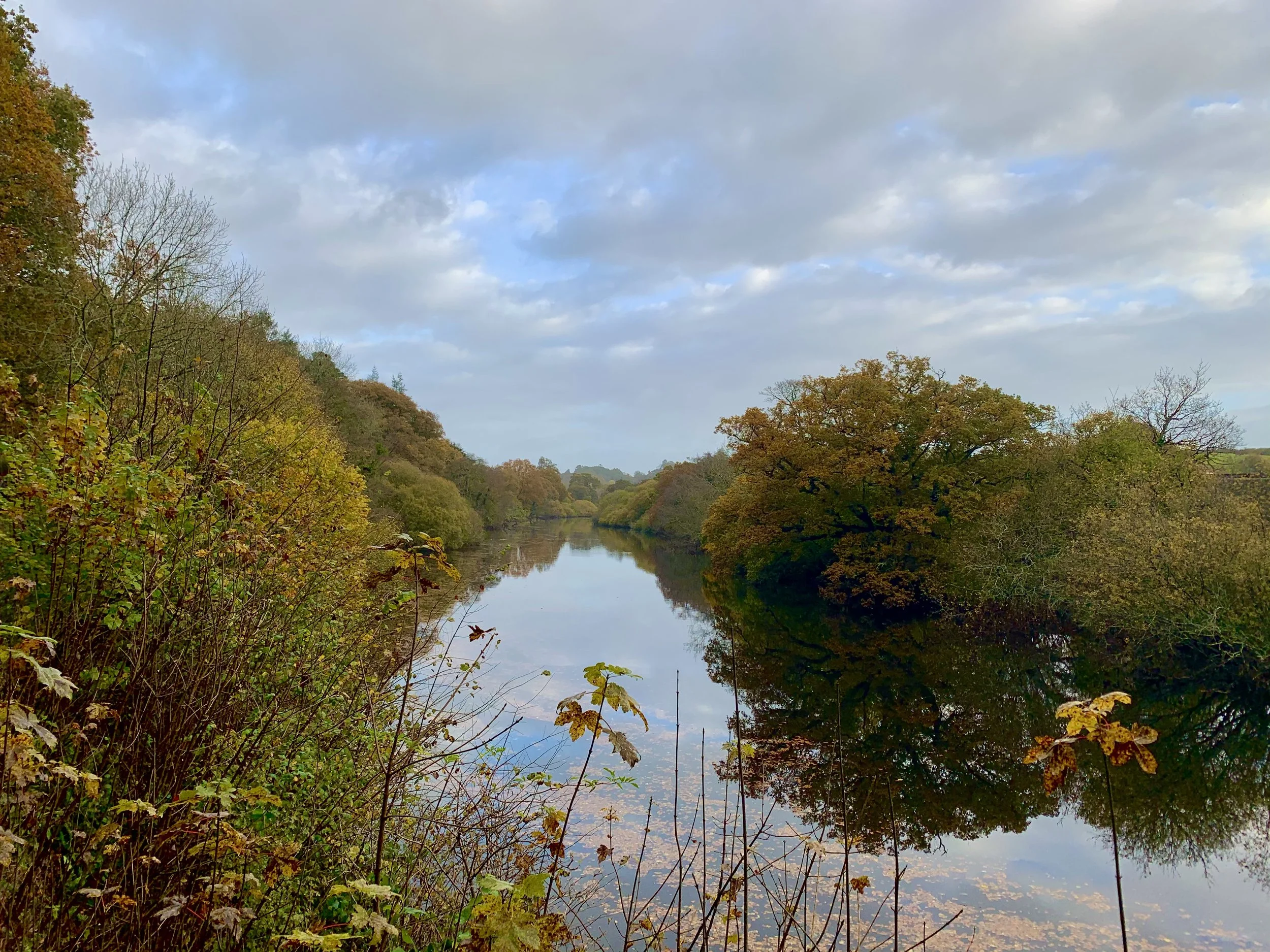Process
In the wake of the crisis of relationality, we aim to restore consciously connected ways of living by instituting relational practices. What does it mean to institute relationality?
It means to make relationships with human and more-than-human systems an everyday part of our lives through collective practices, technologies, governance, and discourse.
Each of our projects focuses on different aspects of making relationality a recognized part of society.
Projects
ReBe App
The ReBe app is a ‘prototype’ that utilises technology to encourage us into engaging relationships with the ecology we are a part of. It does this through time, space, and place-based creative prompts. The first iteration of the app is going into beta in March 2024 and will be tested by students in the Leadership and Innovation Lab at Universidad Continental in Peru. Following this, the ReBe will become available to the public.
The critical missing aspect of environmental law is the perspective that nature is not an object. IRB is working to support organizations, communities, and individuals who are actively working with the rights of nature and would like to bring more-than-human awareness into juridical discourse.
Rights of Nature
Relational Resource Department
While IRB supports alternatives to business as usual, we recognize that existing organizational structures require support for changes to happen from within. We’re doing this by providing a framework for a Relational Resource Department to exist alongside the traditional Human Resource Department. This might take the form of existing employees taking on distributed responsibilities or creating a Relational Resource Lead to provide these services.
Regenerative, Relational, Ecological Governance & Emergence Networking (RREGEN)
While the Environmental, Social & Governance (ESG) framework has been helpful in some ways to transform our extractive policies and practices, we’re hoping to create less abstract forms of accountability in how business is done. We also see that while there is a level of governance that can be involved, ultimately, when we work collaboratively with our more-than-human companions, space opens up for emergence and networking with the rest of nature.
Humanity has a lot of learning, unlearning, healing, grieving and remembering to do. All of these processes require points of access that are open to various levels of knowledge and engagement with relational and regenerative practices. The river represents a continuous offering of possibility, always renewed yet wandering through ancient landscapes where time stands still. Our personal and collective journeys will call us towards radical renewal–and invite us to carry out a pilgrimage towards the river’s headwaters–to integrate refreshed ways of living and being.
Why
Regenerative Relational River
We are working on developing an interactive Regenerative Relational River process. This will have features such as videos, articles, artworks, in-person communities, and gatherings that you can connect with. The project will provide context and information to learn about topics related to the Polycrisis, The Sixth Mass Extinction, Regenerative Agriculture, Regenerative Economics, Traditional Ecological Knowledge, and Plant-Herbal Wisdom.


